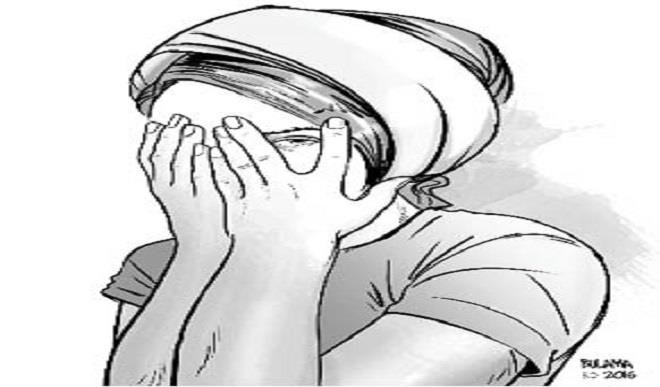
People are not as honest today as they used to be during the days of our forefathers. This makes life more difficult as the lack of honesty stirs up a series of problems, some of which could hurt others badly. But what is honesty? Is it really the best policy?
The online dictionary Wikipedia defines honesty as: “a facet of moral character and connotes positive and virtuous attributes such as integrity and faithfulness.” In other words, it involves “straightforwardness (being straightforward), along with the absence of lying, cheating, theft.” The lack of honesty cuts across every setting – in the home, school, organisation, even businesses etc.
It was former US President Benjamin Franklin who popularised the saying: ‘Honesty is the best policy.’ But is this really true today?
Damilola Shonukan, a teacher, thinks the saying still rings true: “Honesty is the best policy. In fact, I teach my students to be honest with me all the time. They know I get very irritated when you try to lie to me. Even if I punish you, I would be more lenient unlike when I know you are lying. I am happy when I am told the truth because it makes me know that you as a child know what is morally right. There are some of my students I can vouch for any day because I know they speak the truth no matter the situation they find themselves. But there are some, though they tell me that it is raining outside, I will still go and check to be sure.”
He adds that: “Not being honest can make people lose trust in you. If there is one advice my mum kept repeating to me as a child, it was, ‘the truth will set you free.’ My mum believed that even when you know saying the truth will eventually get you into trouble, saying it will in one way or the other vindicate you.”
Princess Ojumah, an undergraduate, says viewed from a religious perspective, honesty is indeed the best policy, but adds that we all lie at some point or another, referring to that as a white lie. “There are times when you just have to tell a lie, it could be to prevent something from happening or to salvage a situation,” she remarked.
Recalling an experience with a friend, Princess said: “She is known to be very emotional and can break down at the slightest instance. She was in a relationship, and it was well known that the man wasn’t faithful to her. I went out one day and bumped into the guy with another girl. I really don’t know how my friend got to know about it but she came to where we were, the guy quickly took off with the girl.”
Princess added that: “She was panting and shouting, when she saw me there she walked up to me and asked if I saw her boyfriend there; I told her no because I know how emotional she can get. She had not yet seen the guy and she was already panting and shouting. So, sometimes one just has to lie to prevent something, even when it is not intentional.”
For self-employed Vincent Akhigbe, the issue is a dicey one, though he still believes that at the end it is the best policy. “Many of us don’t keep to this but it sure pays to be truthful. When people define you as someone who is honest, they tend to rely on you and trust you with even the most confidential issues,” he surmised.

 Join Daily Trust WhatsApp Community For Quick Access To News and Happenings Around You.
Join Daily Trust WhatsApp Community For Quick Access To News and Happenings Around You.


